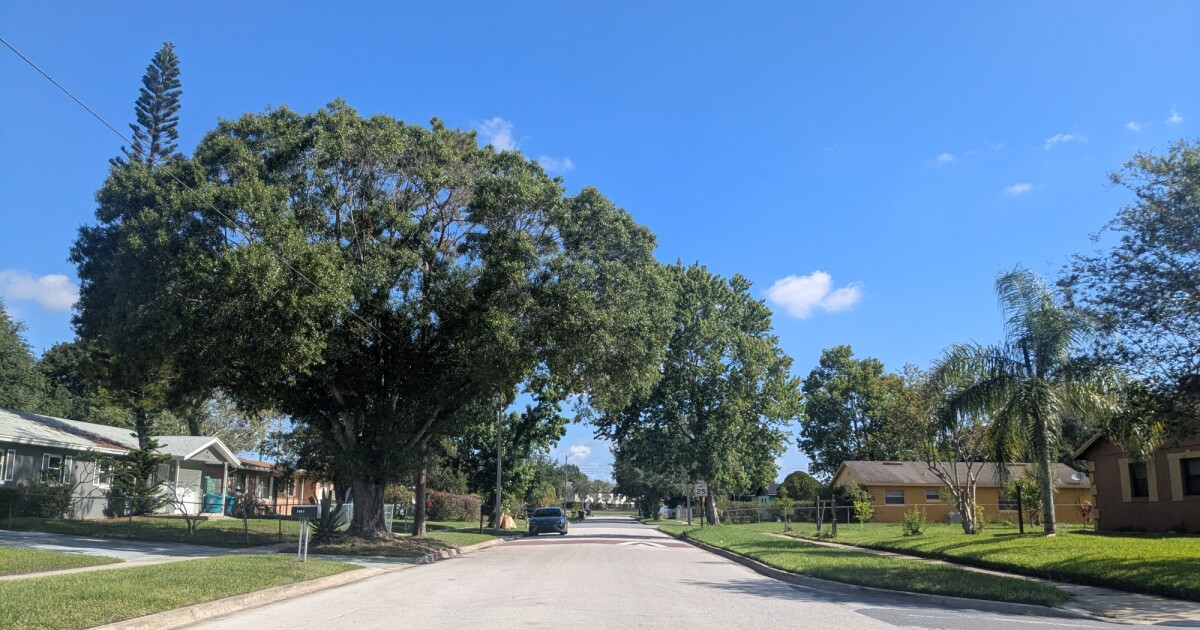At the Primary Industries Summit in Christchurch, Andrew Grant from Pure Advantage shared important insights on climate adaptation. His talk centered on a concept called Recloaking Papatūānuku, which aims to help New Zealand address climate change and biodiversity issues using nature-based strategies.
Grant emphasized that while mitigating climate change is essential, adapting to its effects is equally crucial. “Nature acts as a buffer,” he explained. “Healthy ecosystems not only capture carbon but also enhance our resilience to climate challenges.”
He outlined three key strategies under the Recloaking Papatūānuku initiative:
- Large-scale Predator Control: The Next Foundation has led efforts to clear 120,000 hectares in South Westland, with plans to expand this to 1 million hectares in Fiordland. This initiative could be worth billions in carbon credits.
- Support for Mixed Farming: Grant referred to the difficulties farmers face. Currently, planting native trees yields less than exotic species. The initiative seeks to make native planting more profitable and sustainable.
- Empowering Community Groups: By providing resources and funding, the project aims to boost local efforts in environmental restoration, enabling more communities to get involved.
According to a recent national survey, 78% of New Zealanders support initiatives that promote ecological restoration. This indicates a strong public desire to engage in protecting the environment.
Grant argues that there’s room for everyone in the climate conversation. “We don’t have all the answers, but we’re building a platform for all New Zealanders to protect our natural world,” he said. As discussions around adaptation gain traction, it’s clear that collaborative efforts will be key in the fight against climate change.
With rising global temperatures and more extreme weather events, experts agree on the urgency of these approaches. In fact, a report from the Intergovernmental Panel on Climate Change highlights that without adaptation, many regions could face severe disruptions. Addressing these challenges requires innovative thinking and community involvement.
For more insights on climate adaptation and its significance, check out the full report from the Intergovernmental Panel on Climate Change.



















